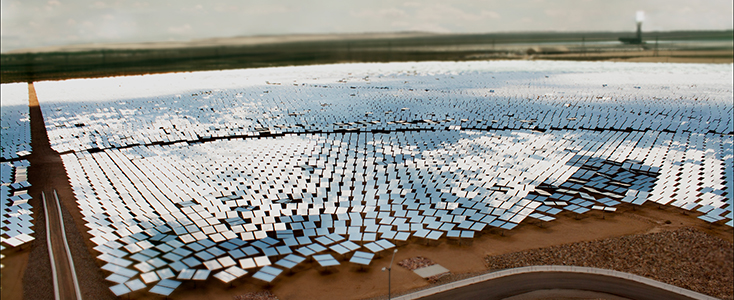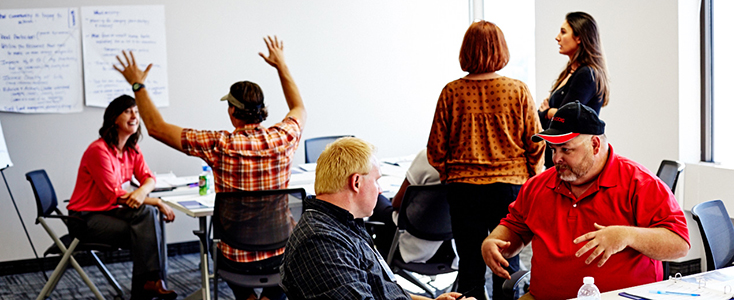
There are changes happening in the electric system that touch everything from what we drive to how we use, manage, and source our energy. These changes impact our daily life and have major implications for the health of our communities, economy, and environment.
To keep pace with the evolving system — and to plan for the future — a diverse coalition called the e21 Initiative has worked together on a framework to move Minnesota toward a more customer-centric, sustainable framework for electric utility regulation that better aligns how utilities earn revenue with public policy goals, new customer expectations, and the changing technology landscape.
As consumers face a changing system, e21’s work can help protect the public interest by taking full advantage of a cleaner electric system and by moving toward a more customer-centric regulatory system.
With funding from The McKnight Foundation and co-led by the Great Plains Institute and the Center for Energy and Environment, e21 has gathered leaders over the last three years from key interests including utility, consumer advocate, energy technology, business, environmental, academic, and government.
True to Minnesota’s civic-minded tradition of bringing people together to solve problems, the e21 Initiative developed a set of consensus-recommendations in 2015 that encouraged several changes, including:
- shifting toward a utility business model that offers customers more options in how and where their energy is produced and how and where they use it
- moving to a more performance-based regulatory system that compensates utilities for an agreed-upon set of performance-outcomes that the public and customers want
 Building on the success of the e21 experience, the group recommended ways that stakeholders could work in more collaborative ways to make decisions about the direction of our energy future. Xcel Energy, a Minnesota utility, led by example and modeled such collaboration in their resource planning process in the year following e21’s recommendations. They held meetings where they engaged the public on their resource plans and gathered input. To their credit, this ultimately led to a revised resource plan which puts Xcel on a nation-leading path to reduce greenhouse gas emissions by 60% by 2030.
Building on the success of the e21 experience, the group recommended ways that stakeholders could work in more collaborative ways to make decisions about the direction of our energy future. Xcel Energy, a Minnesota utility, led by example and modeled such collaboration in their resource planning process in the year following e21’s recommendations. They held meetings where they engaged the public on their resource plans and gathered input. To their credit, this ultimately led to a revised resource plan which puts Xcel on a nation-leading path to reduce greenhouse gas emissions by 60% by 2030.
Since 2015, an expanded group of e21 participants has worked to detail additional steps for Minnesota to implement the original recommendations, including evolving how utilities are regulated and compensated, modernizing the electric grid, and improving utility system planning to address the new pressures facing the electric sector.
As consumers face a changing system, e21’s work can help protect the public interest by taking full advantage of a cleaner electric system and by moving toward a more customer-centric regulatory system. By doing this work in advance of any particular crisis and by working collaboratively, e21’s efforts can help Minnesota continue its leadership on energy and benefit consumers, utilities, and the community as a whole.


